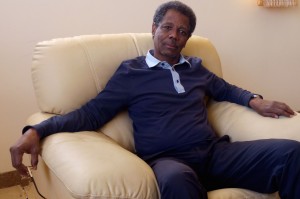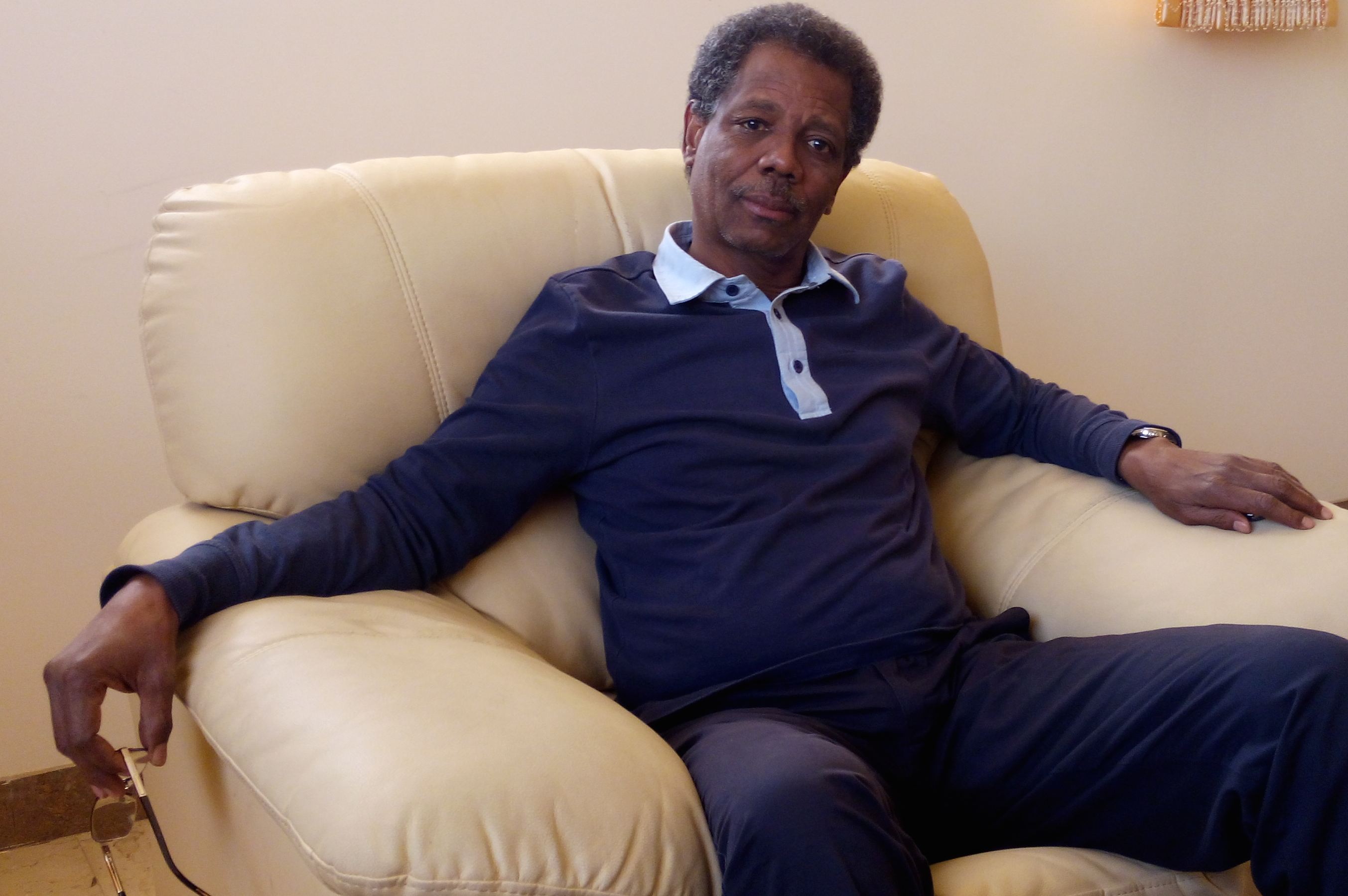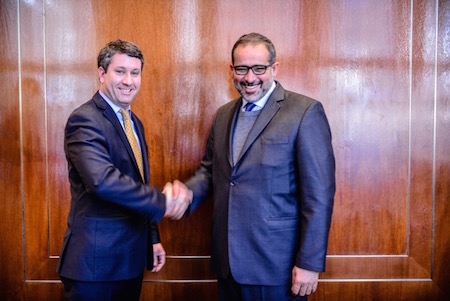By Jamal Adel.

Beida, 26 March 2015:
Libya’s Tebu are concerned that they are being given too weak a voice in the UNSMIL . . .[restrict]dialogue. They are also worried that the original dialogue principles first agreed last year at Ghadames have become skewed and unbalanced.
“We have been told officially by UNSMIL that the dialogue will go through four stages and we will be invited to take part in only one stage” said Adam Rami Karki chairman of the Tebu National Assembly, “This is not enough” .
Speaking to the Libya Herald, Karki said that the NTA should be participating in each stage of the talks, because the challenges facing the Tebu were wrapped up in political, social and even military issues. Besides, he said, the Tebus “ have their very own special, social, economic and cultural traits that differ totally from those in the rest of the country”.
Karki added: “It also appears to me that UNSMIL’s Bernardino Leon isn’t fully aware of the nature of the struggles and divisions in Libya”.
While welcoming the UN chief’s dialogue efforts, Karki said that NTA had reservations about his performance and wondered if he himself subscribed to the UNSMIL principles that he was supposed to be following.
“Leon isn’t fully knowledgeable of the psychology of the Libyan politicians who have emerged on scene recently” he said, “ A great many of them lack real determination and patriotism for building the new state. They have gone down the wrong path. They mainly sought personal interests and gains”.
Karki urged the UN to keep its promise to protect citizens and to enforce stability in Libya.
He was unapologetic about the Tebu community’s early decision to back the House of Representatives. “This doesn’t necessarily mean that the NTA is going along with the HoR the whole way. We have often been dissatisfied with the government’s performance”.
Karki urged the government to start playing a more active role in erasing what he described as the bad image of Tebus. He also called for positive discrimination which would end Tebu grievances by reversing their political and social exclusion.
He explained that both the National Transitional Council and its successor, the General National Congress had maintained the anti-Tebu policies of the Qaddafi regime. The GNC had even legitimised tribal militias to defeat and slaughter Tebus.
Karki said that in his view the Number One enemy facing Libyan was “fear of change”. It was time for them to think logically and to exclude thoughts of personal and regional interests and gains.
If Libyans got rid of their “social and political diseases” a prosperous future awaited them. But there would be no real state if there were no real citizenship. Conversely, the more Libyans felt that the state respected them, the faster the New Libya would be established. But a deep transformation was necessary in terms of human rights, recognition of minorities and the reinforcement of democracy and freedom.
“Unfortunately, ”said Karki, “Libyans remain far off from that, far from even the very basics in building a state”.
* The National Tebu Assembly was set up two and a half years ago to try and present Tebu views to the GNC. [/restrict]







